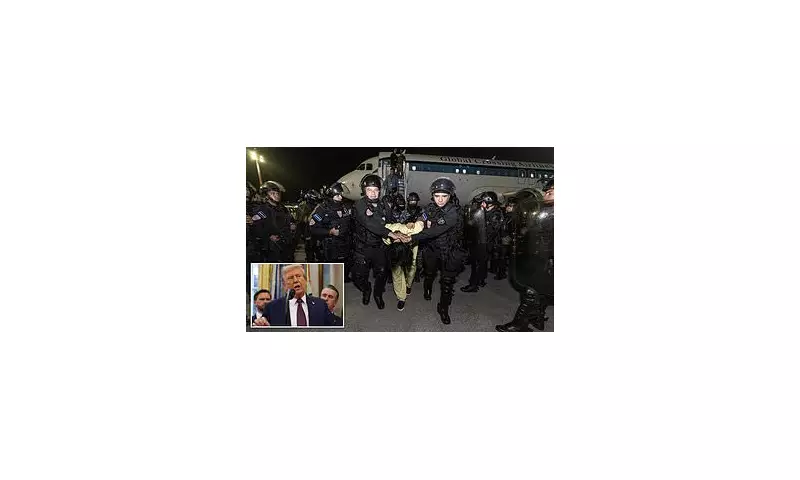
A federal judge in the United States has delivered a significant blow to former President Donald Trump's immigration strategy, blocking his attempt to use a centuries-old law to deport dangerous members of the Venezuelan criminal organisation Tren de Aragua.
Judge Amit Mehta of the US District Court in Washington DC ruled that the Alien Enemies Act of 1798 could not be applied in this case. The law, originally intended to address nationals of a hostile nation during a time of war, was deemed an inappropriate mechanism for dealing with the gang members, as the US is not formally at war with Venezuela.
The UK Connection: A Gang with Global Reach
The ruling has significant implications beyond the US, particularly for the United Kingdom. Tren de Aragua, a gang originating from Venezuela's brutal prison system, has rapidly evolved into a transnational criminal threat.
Its members have been linked to a spate of violent crimes in British cities, including London. The gang is known for its sophisticated operations in drug trafficking, murder, extortion, and large-scale theft, making them a top priority for the National Crime Agency.
Why Trump Sought to Use the Archaic Law
Frustrated by standard immigration channels, Trump's legal team turned to the Alien Enemies Act for a simple reason: speed and limited judicial oversight. The act grants the president sweeping power to detain and deport nationals of an "enemy" country with minimal process.
This move was seen as a way to bypass the complexities of individual immigration hearings for the gang members, many of whom had already been released into US communities due to Venezuela's refusal to accept repatriation flights.
What This Means for Future Immigration Policy
Judge Mehta's decision firmly closes the door on using this particular law for modern immigration enforcement against non-state actors like criminal gangs. It reinforces the necessity of operating within the established, though often slower, frameworks of immigration law.
For the UK, the situation underscores the international nature of organised crime and the challenges in combating groups that seamlessly operate across borders. The decision means members of Tren de Aragua currently in the US will continue to be processed through standard immigration courts, a process critics argue is ill-equipped to handle such a severe and organised threat.





